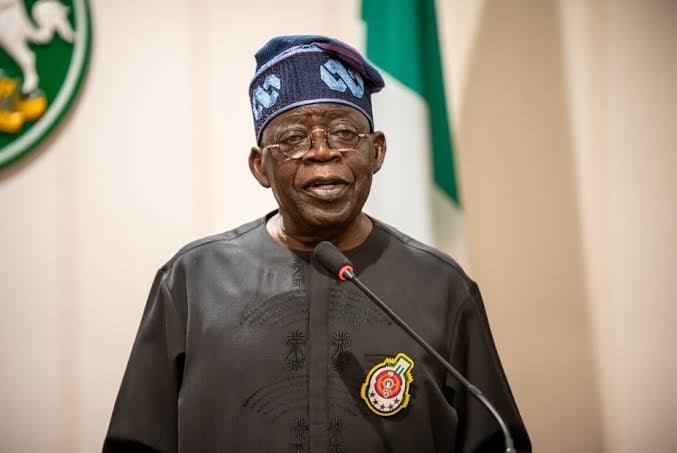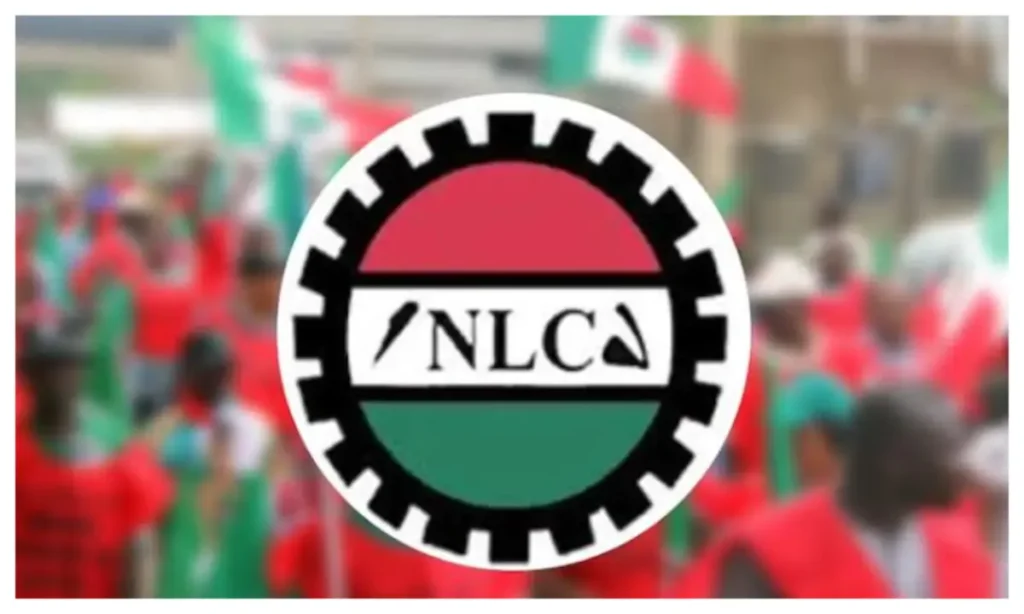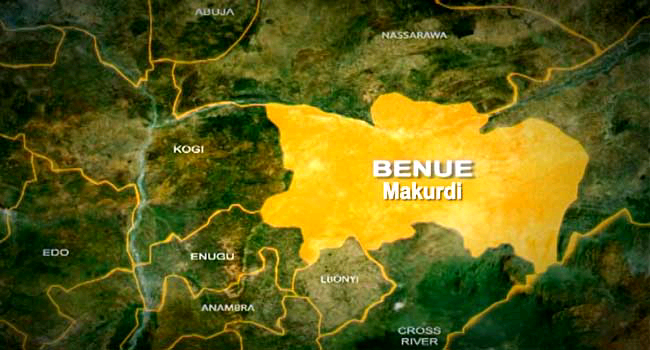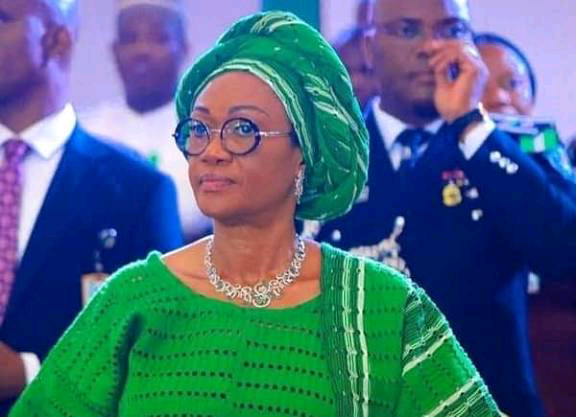Tinubu’s Poverty Alleviation Program More Inclusive Than Previous Governments,.Says IMPI

The Independent Media and Policy Initiative (IMPI), a public policy think tank, has lauded President Bola Tinubu’s anti-poverty programmes, describing them as more comprehensive and better structured than those implemented by previous administrations.
In a policy statement issued on Sunday and signed by its Chairman, Dr. Omoniyi Akinsiju, IMPI stated that the Tinubu administration’s poverty-reduction strategy is “institutionalised, multi-sectoral, and inclusive,” targeting diverse segments of the Nigerian population.
According to the group, the current administration’s approach represents a clear departure from the “ad-hoc and duplicative interventions” of past governments, which, despite large revenues from oil, failed to sustainably reduce poverty levels across the country.
“The poverty-reduction measures of the President Bola Tinubu administration are more expansive and therefore more likely to succeed,” the statement read.
What the federal government has in place are institutionalised, multi-sectoral programmes that are better suited to different categories of people from unemployed youth and vulnerable families to pensioners, artisans, and small-scale farmers.”
Akinsiju noted that the administration’s policies were designed to create a coordinated system of empowerment and economic inclusion, ensuring that interventions are not only immediate but also sustainable in the long term.
He cited several ongoing programmes including the conditional cash transfer initiative, the student loan scheme, agricultural support funds, and business financing facilities for small and medium-scale enterprises as evidence of a holistic effort to stimulate growth from the grassroots.
“Unlike previous governments that focused on one-off handouts, this administration is establishing frameworks that will make social protection and empowerment permanent features of governance,” Akinsiju added.
The IMPI chairman further observed that the policy direction aligns with President Tinubu’s Renewed Hope Agenda, which aims to tackle multidimensional poverty through job creation, access to finance, and support for local production.
He called on Nigerians to show patience and cooperation as the programmes take root, emphasizing that “systemic poverty alleviation requires consistent effort and institutional discipline.”
The group urged state and local governments to complement the federal initiatives by strengthening local implementation structures and ensuring transparency in the distribution of benefits to target populations.









